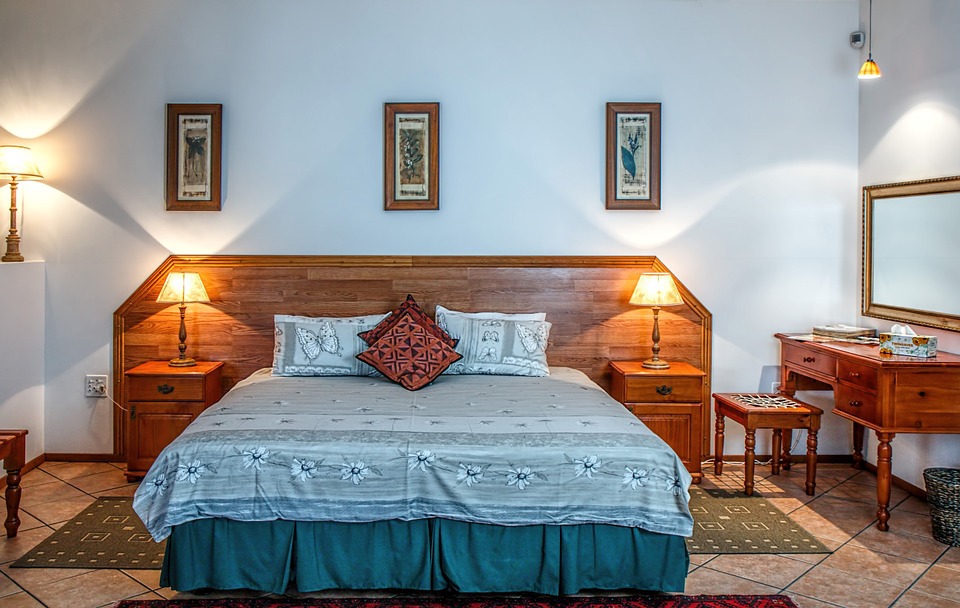I have the answer to making you feel calmer, more energized, with no side effects, help with depression, lose weight, improve your for focus and productivity at work, regulate your hormones and boost your immune system. Sleep does all of this and more.
 Sufficient sleep is an essential to maintain health.
Sufficient sleep is an essential to maintain health.
Getting enough sleep improves:
- motivation
- supports brain health
- recovery of muscle strength
- speed
- muscle glycogen (stored energy in the muscles)
- cortisol (stress) regulation
- memory
Two thirds of adults in developed nations do not get enough sleep!
Less than six hours of sleep compromises the immune system and doubles cancer risk.
A tired brain isn’t able to communicate its needs properly, which can lead to imbalance and unhealthy habits.
Those who are sleep deprived also have a slower reaction time than to those who are rested. You can take all the vitamins and drink all the caffeine you want, sleep deprivation is sleep deprivation. Sleep enables the body to heal itself. Sleep actually is not passive, but studies show during some sleep phases, parts of the brain are more active then they are when you are awake.
The shorter your sleep, the shorter your life span. For athletes, insufficient sleep can be the reason for decreased performance and increased injury risk.
Adults should sleep 7 or more hours per night on a regular basis to promote optimal health. Less than five or six hours of sleep can negatively impact human performance, metabolic health, mental health, cardiovascular health, immune function, mortality, pain, general health. More than 8 hours a night can improve all of the above.
As you age, you sleep less and you spend less time in slow wave sleep. Amyloid beta is cleared from the brain during sleep and more slowly from the aging brain. Worsening amyloid deposition is seen in people with shorter sleep durations, or worsening sleep quality. Don’t count on recovery methods to contract little sleep and a poor diet. Sleep and nutrition are not recovery. Modifiable risk factor for Alzheimer’s disease is not enough sleep!
As you rest, your body and brain are preparing and rebuilding themselves. Growth hormones, which promotes cell reproduction and regeneration, is released into the bloodstream and the production of certain types of immune cells peaks. Sleep also helps to regulate hormones associated with weight gain. A study on sleep deprived men found that when they got less sleep, levels of gherkin (the hormone that increases appetite) rose. Lack of sleep can result in weight gain. Woman who sleep five hours a night were 15 percent more likely to be obese than those who slept seven hours. Being sleep deprived contributes to weight gain and makes weight loss difficult.
Good nutrition is amazing. Meditation is amazing. But nothing makes up for lack of sleep, nothing.
Sleep slows your heart rate and breathing and causes your blood pressure to drop. It also changes the frequency of your brainwaves. Delta waves (the slowest frequency brainwaves), which are linked to deep healing, only occur during the deep part of your sleep cycle. These are the same brainwaves experienced in a meditative state. Production of delta waves is associated with a drop in the production of the stress hormone cortisol. Lack of sleep have an aging impact on the brain and skin.
 Some tips to create a sleep friendly bedroom:
Some tips to create a sleep friendly bedroom:
- Black out curtains, the darker the room the better.
- Keep your bedroom decor simple and calm, clutter free, work papers out of sight.
- Blue walls perhaps or blue in your room. Gentle blue tones are widely believed to have a calming effect.
- Keep a notepad by your bed so you don’t have to worry about staying awake because you don’t want to forget something, just write it down and go back to sleep.
- Pre sleep meditation and calming music.
Some tips for quality sleep:
- Institute a tech curfew. The light radiating from TV, phones, computers, iPads can disrupt the circadian rhythm. A study at Harvard University Medical School found particular frequencies of light disrupted the sleep inducing hormone melatonin. Turn off all devices at least an hour before bedtime. If you must read on your laptop or iPad before bed, download the blue light filter app. The more amount of screen time used, the less sleep. The circadian clock regulates our sleep; using technology near bed time interrupts the natural circadian rhythm clock and negatively impacts sleep. The top 25% of social media users were 2-3 times more likely to have disturbed sleep than those in the bottom 25%.
- Alcohol. You fall asleep more quickly, but the quality of sleep is poor, and REM sleep is decreased.
- Exercise regularly. Just not right before bed — that can have the opposite affect.
- 65 degrees is the optimum temperature for a good night sleep. If you are too hot, you are more likely to feel restless.
- Try herbal tea with chamomile and or valerian root.
- Imagine a tranquil natural scene, this visualization could make you relax. Studies at Oxford University showed that those who used this technique would fall asleep twenty minutes sooner than those who did not picture the tranquil scene. Avoid counting sheep — the study showed it took people longer to fall asleep!
Restful sleep is key ingredient to living a miraculous life. Real sleep!
“Lack of sleep is another way we block our power, creativity, and intuition.”
–Huffington Post President and Editor-in-Chief Arianna Huffington.
We often measure how productive we are based on how hard we work and how little sleep we get. This mentality is negatively affecting our health and overall well-being!
Charleene O’Connor is a a biomechanics specialist, TPI Level 3 Golf Fitness Trainer, Egoscue Postural alignment therapist, Meditation teacher and SUP instructor. Visit her website, charleenesfitness.com
